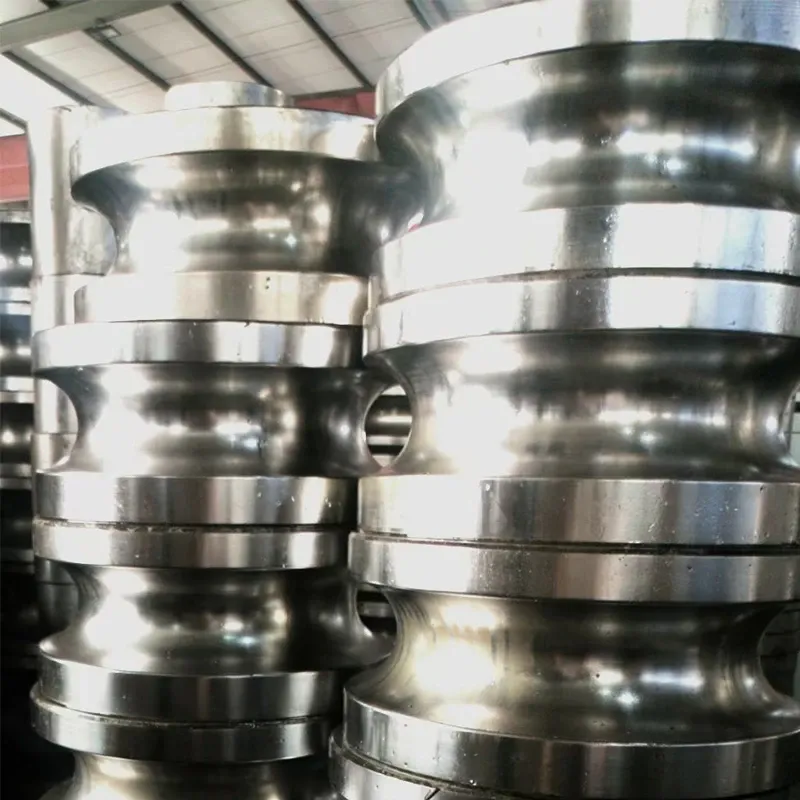The Plastic Molding Process
The manufacturing world relies heavily on plastic molding processes to create everything from automotive components to medical devices. Among the most prevalent methods are those performed by plastic injection molders, machining mold techniques, and extruder moulding systems. Each approach offers unique advantages for different applications, materials, and production volumes. This guide explores these essential plastic forming technologies, their processes, and how manufacturers select the optimal method for their specific needs.

Understanding these plastic molding techniques is crucial for designers, engineers, and purchasing professionals who specify plastic components. We'll examine how plastic injection molders achieve high-precision parts, the role of machining mold processes in tooling and production, and where extruder moulding excels in creating continuous plastic profiles. By comparing these methods, company can make informed decisions about their plastic part manufacturing strategies.
Plastic Injection Molders: High-Volume Precision
Plastic injection molders dominate the manufacturing landscape for mass-produced plastic parts due to their speed, repeatability, and design flexibility. The process begins with plastic pellets fed into a heated barrel where a reciprocating screw melts and homogenizes the material. This molten plastic is then injected under high pressure into a precision machining mold cavity that defines the part's shape.
Modern plastic injection molders incorporate advanced features like:
Multi-material injection capabilities
Gas-assist for hollow structures
In-mold decoration techniques
Micro-injection for tiny components
All-electric drives for energy efficiency
The heart of the system lies in the machining mold - typically made from hardened steel or aluminum - which must withstand thousands of cycles while maintaining tight tolerances. After injection, cooling channels in the mold solidify the plastic before ejection. Cycle times can range from seconds for small parts to minutes for large, complex components.
Machining Mold: The Foundation of Molding
Machining mold processes create the precision tooling required for both injection molding and extruder moulding operations. CNC mills, EDM machines, and precision grinders transform metal blocks into mold cavities with tolerances often within 0.01mm. The machining mold phase determines the quality and capabilities of the final production process.
Key considerations in machining mold development include:
Gate locations for optimal material flow
Cooling channel placement
Venting to prevent air traps
Surface finishes matching part requirements
For plastic injection molders, mold complexity has increased dramatically with technologies like:
Conformal cooling channels
Stack molds for higher output
Collapsible cores for threaded parts
Quick-change insert systems
ໄດ້ machining mold process also produces dies for extruder moulding, where the profile shape is critical for consistent product dimensions. High-quality mold making enables both processes to achieve their full potential in production environments.
Extruder Moulding: Continuous Profile Production
While plastic injection molders excel at discrete parts, extruder moulding specializes in creating continuous plastic profiles with consistent cross-sections. The process forces melted plastic through a shaped die, producing items like pipes, tubing, and sheet stock. Unlike injection molding's cyclic nature, extrusion provides uninterrupted output ideal for long production runs.
Modern extruder moulding systems feature:
Twin-screw designs for better mixing
Precision temperature zone control
On-the-fly die adjustment capability
Inline measurement and feedback
Downstream cutting/spooling automation
The dies used in extruder moulding share some machining mold techniques with injection molding but must account for different flow dynamics and cooling requirements. Many systems incorporate multiple extrusion heads for co-extruded layers or complex composite structures.
Process Selection: Matching Method to Machining Mold Application
Choosing between plastic injection molders, machining mold intensive processes, or extruder moulding depends on several factors:
Part Geometry:
Complex 3D shapes favor injection molding
Constant cross-sections suit extrusion
Large flat parts may use thermoforming
Production Volume:
High volumes justify injection mold costs
Medium runs can use machined molds
Prototypes often employ 3D printing
Material Requirements:
Injection handles widest material range
Extrusion works best with melt-stable polymers
Specialty resins may need custom approaches
Budget Considerations:
Extrusion tooling typically costs less
Injection molds represent major investment
Machining expenses vary by complexity
Many manufacturers combine processes, using extruder moulding for basic profiles and plastic injection molders for detailed end components in the same assembly.
FAQs about Plastic Injection Molders Process Questions
What's the main advantage of plastic injection molders?
Plastic injection molders provide unmatched precision and repeatability for complex 3D parts at high volumes. The ability to produce finished components in a single operation with minimal post-processing makes injection molding ideal for mass production across industries.
How long does machining mold tooling typically last?
A properly maintained machining mold for injection molding can produce hundreds of thousands to millions of parts depending on material and design. Aluminum molds may last 50,000-100,000 cycles while hardened steel molds often exceed 1,000,000 cycles in production.
What materials work best with extruder moulding?
Extruder moulding commonly processes PVC, HDPE, LDPE, PP, and ABS for products like pipes, tubing, and profiles. The process favors materials with stable melt properties that maintain shape during cooling. Additives often enhance extrusion characteristics.
Can one facility handle both plastic injection molders and extrusion?
Many full-service plastic manufacturers operate both plastic injection molders ແລະ extruder moulding lines to offer complete solutions. The shared machining mold expertise for creating dies and tooling makes this combination practical for diverse production needs.
Where can I see these extruder molding processes in action?
Most plastic injection molders ແລະ extruder moulding manufacturers offer facility tours or video demonstrations.
Investing in modern molding technology can dramatically improve your competitiveness through higher quality, lower costs, and increased production flexibility. Contact reputable machinery manufacturers today to discuss which plastic molding solution best fits your specific requirements and budget. The right equipment choice will position your operation for success in today's demanding manufacturing environment.
-
The World of Pipe and Tube Machinery Manufacturers: Precision and Innovationຂ່າວAug.12,2025
-
Revolutionize Your Pipe Manufacturing and Welding with Our Exceptional Machineryຂ່າວAug.12,2025
-
Navigating Pipe Machinery Costs: A Guide to Pricing for Key Equipmentຂ່າວAug.12,2025
-
Essential Pipe Fabrication Equipment: Cutting, Welding, and Support Solutionsຂ່າວAug.12,2025
-
Comprehensive Pipe Processing Machinery: From Cutting to Extrusionຂ່າວAug.12,2025
-
Advanced Pipe Fabrication Tools: Cutting, Beveling, and Welding Solutionsຂ່າວAug.12,2025


